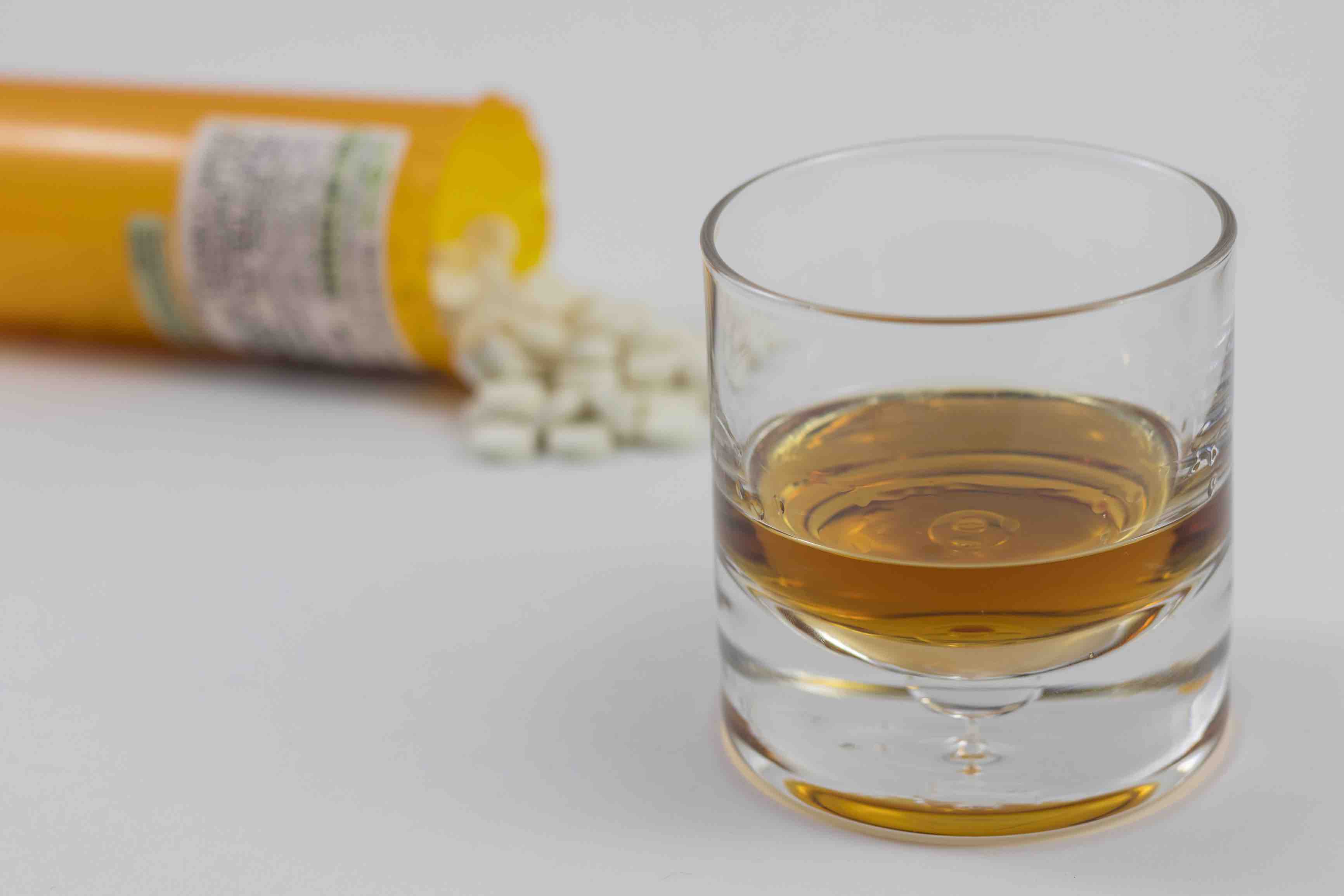
Alcohol, even in small amounts may interfere with your current medication and cause adverse effects. This can happen with prescription medications, over the counters and even some herbals. Taking alcohol and some medications may decrease effectiveness of the medication or sometimes make the drug harmful or toxic to the body.
Elderly are more at risk of drug interaction with alcohol. Their body cannot clear alcohol as quickly as younger adults and alcohol will stay longer in their body and cause more damage such as increased risk of falls and serious injuries.
Every day examples of alcohol and medicine interactions:
Alcohol and
Cough and cold, allergy meds: excessive drowsiness.
Acetaminophen and alcohol: liver damage
Aspirin, Ibuprofen, Naproxen: ulcer and stomach bleeding
St. John’s Wort, Valerian: increased drowsiness, impaired thinking
Sleep medications: impaired breathing, unusual behavior
Heart medications: rapid heartbeat and sudden changes in blood pressure
What should I do?
- Read warning labels on all medications before use.
- If you are not sure how your medication and alcohol will interact, avoid any alcohol consumption, until you ask your physician or pharmacist.
- Use the following link to see if the medication you are taking has potential interaction with Alcohol.
https://www.drugs.com/drug-interactions/ethanol,alcohol-contained-in-alcoholic-beverages.html
Sepideh Nasafat, PharmD
Registered Pharmacist
http://www.webmd.com/mental-health/addiction/alcohol-interactions-with-medications#2-5
Contact MEDMAIL or leave comments below if you have any questions regarding alcohol intake and medications.

Have Your Say